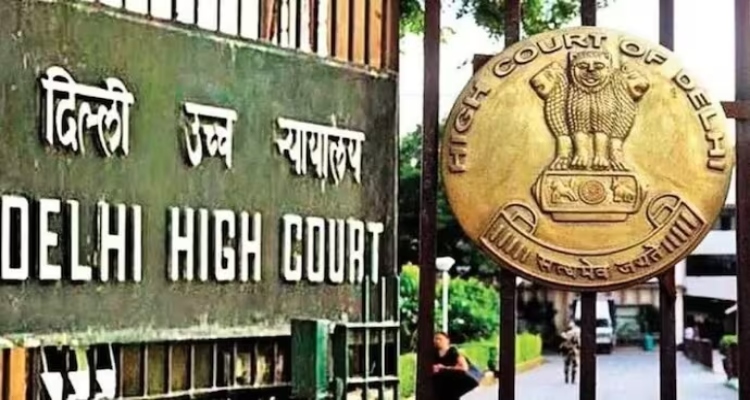
In a recent ruling, the Delhi High Court ordered the CRPF to reinstate an individual who had been dismissed due to his failure to disclose his involvement in a past rape case, which occurred when he was a minor in 2007. The court emphasized that the petitioner was not legally obligated to disclose his criminal history as he was a minor at the time of the incident.
The division bench, consisting of justices Sanjeev Sachdeva and Manoj Jain, instructed the CRPF to reinstate the petitioner along with all associated benefits. The bench highlighted that his dismissal was solely based on the omission of disclosing his involvement in the criminal case, which, according to the court, he was not required to disclose due to his status as a minor at the time.
The court’s ruling, issued on February 23, 2024, stated, “Thus, we have no hesitation in allowing the present writ petition. Respondents are accordingly directed to forthwith reinstate the petitioner with all consequential benefits.”
Addressing the delay in verification by the CRPF, the division bench expressed surprise at the eight-year gap between the petitioner’s joining of the CRPF in 2014 and the subsequent verification process.
The petitioner had joined the Central Reserve Police Force (CRPF) on November 7, 2014. Following his enlistment, he was required to complete a Verification Form disclosing any criminal history. Despite being involved in a criminal case in 2007, the petitioner did not disclose this information on the form. However, when the verification process revealed his involvement, an inquiry was initiated, resulting in his dismissal on October 20, 2022.
Challenging the dismissal in the Delhi High Court through advocate K K Sharma, the petitioner argued that he was unaware of any action taken by the police following the registration of the FIR for rape. He contended that as a juvenile at the time of the incident, he was not obligated to disclose this information under the Juvenile Justice (Care and Protection of Children) Act, 2000.
The Central Government argued that honesty was paramount for individuals joining disciplined forces, and the petitioner’s failure to disclose the information constituted deliberate suppression with malicious intent, justifying his dismissal. But the Court said that under legal circumstances under JJ Act petitioner was not bound to disclose his previous history.




